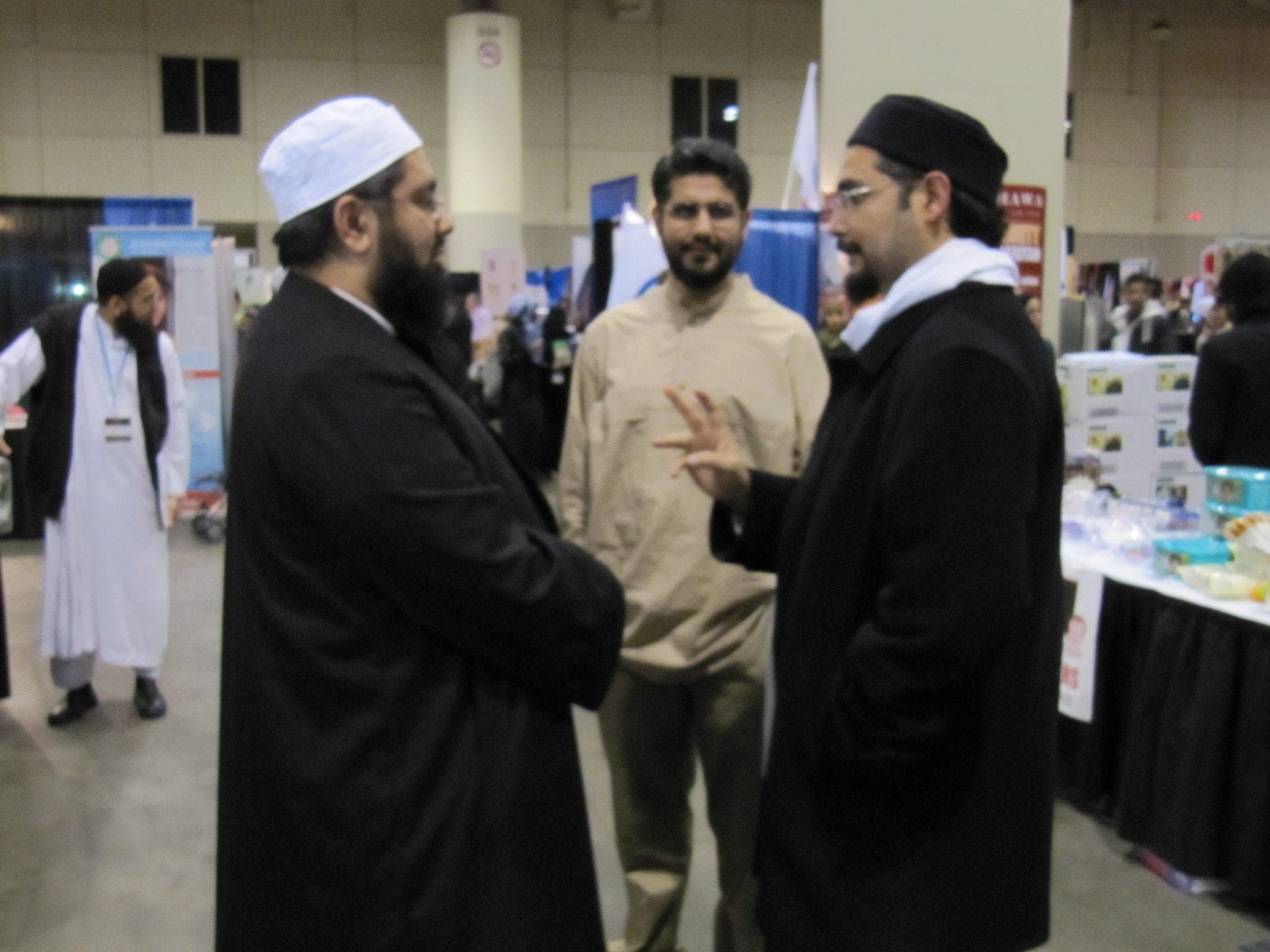Can You Give Me Clarification on the Question Regarding a Woman’s Stepbrother From Her Mother’s Side Being a Wali? (Shafi’i)
Shafi'i Fiqh
Answered by Shaykh Shuaib Ally
Question: Assalam alaykum,
Recently, I have read one of your answer: Is My Marriage Valid? (Shafi’i School)
However, I need some clarification.
Your answer is correct: a stepbrother was a sufficient and acceptable guardian (wali) for her for purposes of the marriage contract.
However the stepbrother is accepted if only the stepbrother is from the father of the female. In this question, the questioner said the stepbrother was born from the SAME MOTHER. Moreover, this stepbrother was born out of the wedlock with the muslim man which means the stepbrother was born by the mother and muslim man without marriage.
Therefore, the stepbrother cannot be wali for the marriage because:
1. He is not the valid wali for the female because he has the same mother but not the same father.
2. He is a child born out of wedlock.
Dear Ustadh, I am doubt with your answer based on my little knowledge and my country situation. It is possible that my knowledge is not applied with the questioner and the country where the questioner is living?
Answer: Wa alaikum assalam wa rahmatullah,
God reward you for seeking clarification.
You are correct in that a woman’s stepbrother (from her mother) would not be considered a valid wali by virtue of lineage, for one of the reasons you mentioned: he would need to have been born of the same father to be so (his being born out of wedlock is immaterial; he is still attributed to the mother, and is still legally the woman’s stepbrother).
In many scenarios in which some part of the marriage contract had not been conducted validly, oftentimes due to good faith errors, the school wouldn’t consider the marriage and everything that derived from it null. It would rather simply require that the contract be redone properly. In this scenario, had a valid wali been present, the school would have required that the contract be redone with that person acting as the wali.
When a woman does not have a valid wali, as is the case here, she would resort to using a Qadi or Hakim (that is, a person with Islamic legal authority) to serve as her wali. In the absence of such a legal authority, as is the case in the modern Western world, from which the question originated, a woman can appoint a man to serve as her wali. The marriage would then be valid.
Such a person could be her stepbrother from her mother. Thus, even though he is not a valid wali by virtue of lineage, he was a valid wali that was acceptable to both parties of marriage in the absence of an actual wali or a recognized legal authority. Because he could serve as such, and has done so, the marriage would be valid, and there wouldn’t appear to be any legal or practical purpose in redoing the contract.
It also isn’t relevant that the parties did not know what kind of wali he was; he suffices given the circumstances described above, as well as their acceptance of his role in the marriage. It is also more than likely that the Shafi’i scholar who originally conducted their marriage for them was aware of this.
In short, taking all of the foregoing into consideration, it appears that the stepbrother in her specific circumstance was a sufficient and acceptable guardian for her, and that the marriage is valid.
God knows best.
Shuaib Ally
